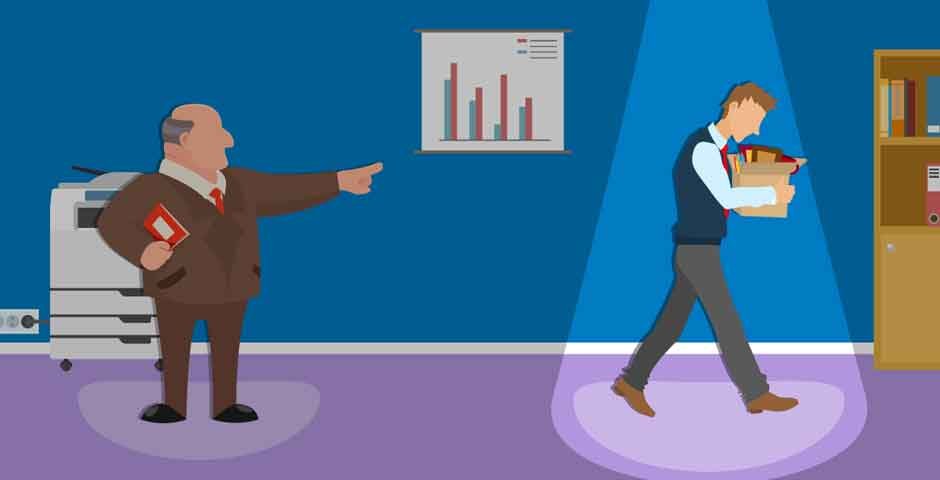Losing your job is always a challenging experience, but it can be even more traumatic when you believe you were terminated unfairly. If you suspect that you were fired for illegal or discriminatory reasons, you may have a valid claim for wrongful termination.
But what exactly is wrongful termination, and what are your rights in this situation? This guide will help you understand everything you need about wrongful termination lawsuits, from identifying illegal firing practices to filing a lawsuit in court.
Definition of Wrongful Termination
Wrongful termination refers to being fired from a job for illegal reasons or reasons that violate public policy. It can occur when an employer fires an employee due to discrimination, such as because of the employee’s race, gender, age, or disability. It can also happen when an employer retaliates against an employee for reporting unlawful conduct or participating in a legally protected activity.
Violating the terms of an employment contract or union agreement can also lead to a wrongful termination claim. In some cases, an employer creates a hostile work environment or intolerable conditions in order to force an employee to resign, which is another form of wrongful termination.
Identifying if Wrongful Termination Has Occurred
If you believe you have been fired wrongfully, there are sure signs you should look out for. These might include being fired despite positive performance evaluations, replaced by someone less qualified or experienced, terminated suddenly without warning, or fired for reasons not mentioned in the termination notice. Additionally, if you were fired after raising concerns about unlawful practices at your workplace, you may have a strong case for wrongful termination.
The Next Steps You Should Take
If you suspect that you have been wrongfully terminated, you should first keep a careful record of any relevant details surrounding your termination. This might include documentation of emails, conversations, or other communication that led up to your firing and any feedback or evaluations of your work performance. You should also attempt to contact HR or your former supervisor to discuss the reasons for your firing and whether there are any opportunities for remediation or reinstatement.
Understanding Your Rights After a Wrongful Termination
If you have been wrongfully terminated from your job, you may have legal recourse to pursue. The law prohibits employers from firing workers for illegal reasons, such as discrimination or retaliation. As such, if you were fired due to your race, gender, or religion, or if you were fired for reporting illegal activity, you may be entitled to reinstatement or compensation.
You may be able to recover back pay for the income lost since your termination, as well as damages for emotional distress and harm to your career or reputation. While the legal process can be complex, consulting with a lawyer can help you understand your rights and the best way to pursue justice after a wrongful termination.
How to File a Lawsuit for Wrongful Termination
If you decide to file a lawsuit for wrongful termination, following the proper procedures and guidelines is essential. You can file a complaint with the Equal Employment Opportunity Commission (EEOC) or your state labor department, which can investigate your claim and potentially pursue legal action on your behalf. And as mentioned above, it’s a smart idea to hire an attorney to help you file a complaint or bring a lawsuit to court.
Settlements vs. Trials – What to Expect in Court
If you decide to pursue a lawsuit for wrongful termination, there are two possible outcomes: a settlement or a trial. In the case of a settlement, you and your employer will agree to an amount paid to you in exchange for dropping the lawsuit.
Settlements are often quicker and less costly than trials but may not provide as much compensation as a successful trial. In a trial, you and your attorney must present evidence and arguments to a judge or jury, and the outcome will depend on the strength of your case and the court’s verdict.
Everything You Need To Know About Wrongful Termination Lawsuits: Wrap Up
Wrongful termination can be a complex and confusing experience, but with the right information and resources, you can protect your rights and seek justice. If you suspect that you have been the victim of illegal or discriminatory firing practices, then take the time to inform yourself about your legal options and how to proceed with a lawsuit.
By doing so, you may be able to recover lost wages, secure compensation for emotional distress, and ensure that your employer is held accountable for their actions. We hope this information was helpful and thanks so much for reading.






